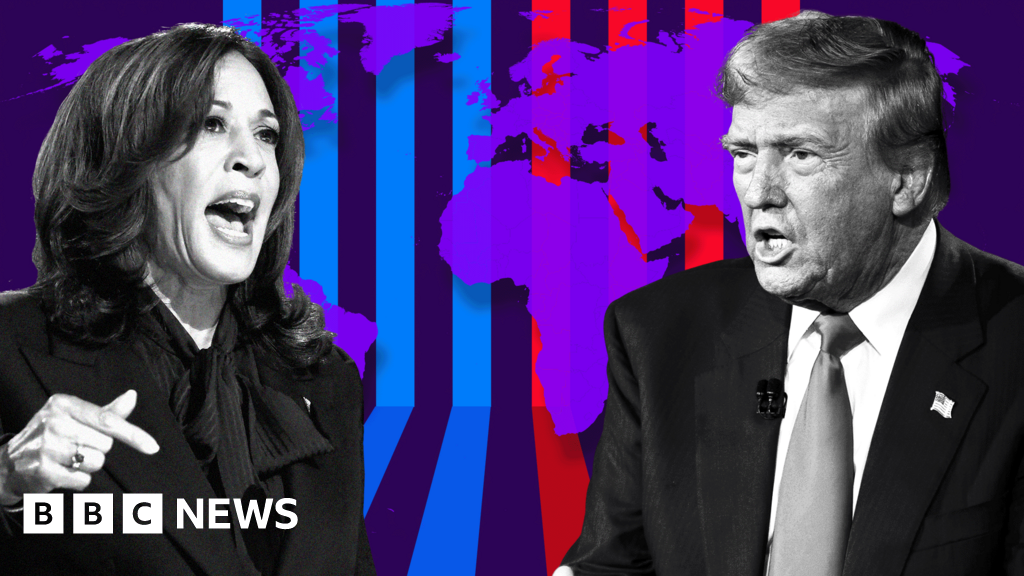The first face-off between Kamala Harris and Donald Trump was closely observed not just in the US, but globally. The debate in Philadelphia saw some intense exchanges on foreign policy between the two presidential candidates. Here’s a summary of how the debate played out, according to BBC foreign correspondents from around the world.
In Moscow, Steve Rosenberg, the Russia editor, noted Kamala Harris telling Donald Trump that President Putin is “a dictator who would eat you for lunch.” The Kremlin was pleased that Trump avoided directly answering whether he wanted Ukraine to win the war, while Harris spoke in support of Ukraine’s defense and accused Putin of having his eyes on Europe.
In Kyiv, Europe correspondent Nick Beake highlighted the concerns over Trump’s comments about Ukraine, with many worried about what a second Trump term would bring. Harris’s responses were reassuring to Ukrainians, as she showed unwavering support for the country.
Chief international correspondent Lyse Doucet discussed Trump’s remarks about the Taliban and the chaotic withdrawal of troops from Afghanistan, which led to a wave of memes featuring “Abdul.” Both candidates focused on the flawed deal with the Taliban, with the Trump team negotiating the exit plan and the Biden team enacting it.
China correspondent Laura Bicker pointed out that Kamala Harris represents uncertainty for Beijing, which prefers stability. Trump’s plans for tariffs on Chinese goods have caused economic pain for both sides, something China wants to avoid as it tries to boost its economy.
In Jerusalem, international correspondent Paul Adams highlighted the keen interest in the White House race in the Middle East, with concerns about the impact on Israel and the ongoing conflict in Gaza. Netanyahu’s opponents suspect he is stalling for a more sympathetic US president, while Palestinians are cautious about both candidates.
Central Europe correspondent Nick Thorpe discussed Trump’s praise for Hungarian Prime Minister Viktor Orban, which was well-received by pro-government media in Hungary. Orban, a strong supporter of Trump, is banking on the president’s victory and his ability to bring peace to Ukraine.
Overall, the debate had far-reaching implications and was closely watched by countries around the world, each with their own concerns and interests in the outcome of the US presidential election.

